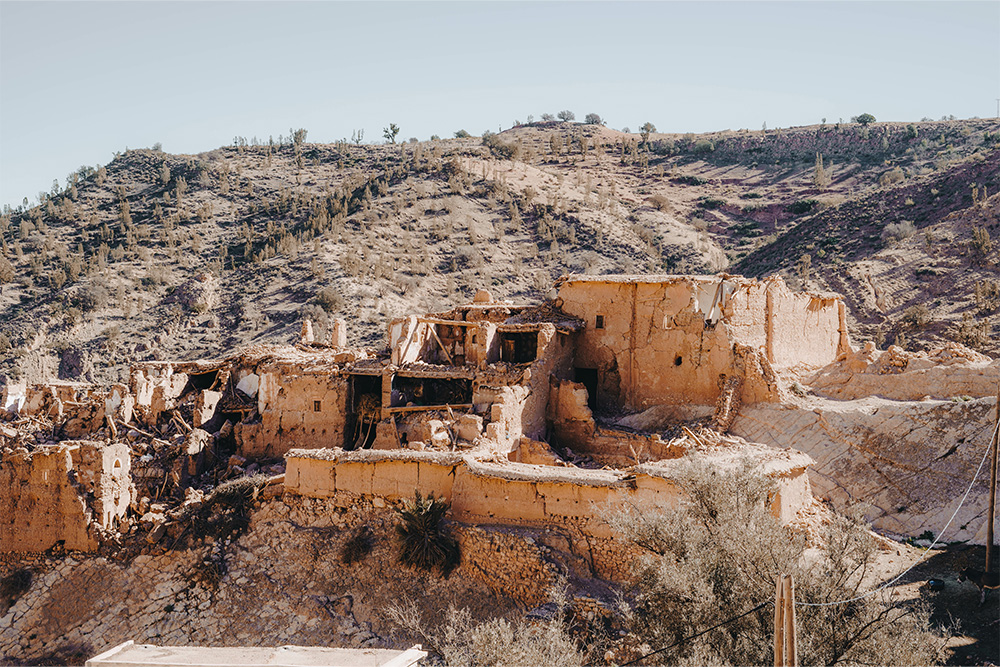
- FR
- EN

Following on from Part One of our Parametric Insurance series, which took you on a guided tour through the landscape of parametric solutions, and Part Two which focused on concrete examples and the design of related solutions, this third and final issue challenges plain vanilla natural catastrophe covers. Part of SCOR’s value proposition is the full alignment of every solution with the needs of the cedant concerned. This requires a mutual understanding of the risk situation and the risk transfer solution. Without this, there is a strong possibility that a simpler or cheaper – but inadequate – cover will be chosen.
An adequate cover needs to optimize the basis risk and be accepted by the (re)insurance market. Non-acceptance could result in uncovered capacity and additional efforts during the first renewals.
Uncontrolled basis risk can put the cedant, rather than the carrier, in financial difficulty if no recovery is paid in the event of an ultimate financial loss. We will try to address the latter situation in this final issue.

In our Parametric Mishaps section, we illustrate how cyclones and earthquakes can sometimes evade measurement and miss triggering a loss, before looking at designs that can improve this situation. We then look at Event Map Design as a way of reducing basis risk. Event Map Design works for both single locations and distributed portfolios. In our view, it should become the standard for natural catastrophes now that the required data is available worldwide. We explain how the underlying risks can be modelled and how the basis risk can be analyzed.
Parametric Insurance: A 360° View | Part One of Three
Parametric Insurance: A 360° View | Part Two of Three
